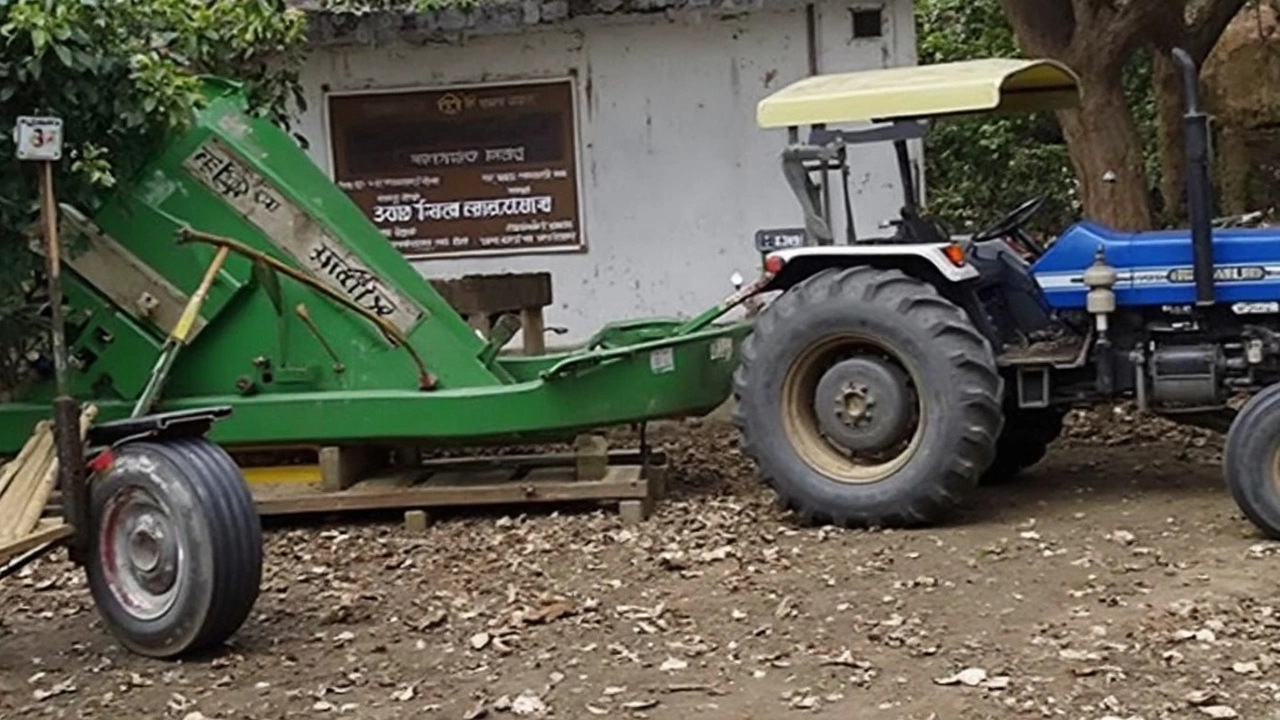Soil Seizure Explained: Causes, Impacts & What You Can Do
Ever heard someone say their land was "seized" and wondered what that actually means? In simple terms, soil seizure is when a piece of land—usually agricultural or residential—is taken over without the owner’s full consent. It can happen because of government projects, corporate expansion, or illegal grabs by powerful interests.
Why Does Soil Seizure Happen?
There are a few common reasons:
- Infrastructure projects: Roads, highways, or public utilities often need land. Governments may invoke eminent‑eminent domain, which can feel like a seizure if compensation isn’t fair.
- Commercial development: Real‑estate developers sometimes push for land acquisitions, especially in fast‑growing cities.
- Illegal grabs: In some cases, influential individuals or companies use intimidation or forged paperwork to take land from small farmers.
Regardless of the reason, the result is the same—people lose control over soil they’ve tended for years.
What Are the Real‑World Effects?
Losing soil isn’t just a paperwork issue. It hits families financially, emotionally, and culturally. Farmers lose their source of income, and the community may lose a piece of its heritage. Soil also holds ecological value; when it’s taken away or misused, erosion and loss of fertility can affect nearby lands.
On a broader level, widespread soil seizure can push food prices up, create rural‑urban migration, and strain local economies.
How Can You Protect Your Land?
Here are some practical steps you can take right now:
- Know your rights: Familiarize yourself with local land‑ownership laws and any compensation guidelines for eminent domain.
- Keep documentation up to date: Store title deeds, tax receipts, and maps in a safe place—both physically and digitally.
- Engage the community: Talk to neighbors about any upcoming projects. A united front is harder to ignore.
- Seek legal help early: If you suspect illegal activity, consult a lawyer who specializes in property law before it escalates.
- Stay informed: Follow local news, municipal notices, and public hearings. Early awareness gives you time to act.
Often, a quick call to a local land‑records office can clear up confusion before a seizure becomes a legal battle.
When Seizure Is Inevitable: Getting Fair Compensation
If a government project truly requires your land, you’re usually entitled to compensation. Make sure the offer covers:
- Current market value of the land
- Loss of future earnings (especially for farms)
- Relocation costs and any necessary rebuilding
Don’t accept the first figure you’re given. You can negotiate, and having a lawyer can make a big difference.
So, whether you’re a farmer, a homeowner, or just curious, understanding soil seizure helps you protect both your property and the environment around it. Stay alert, keep good records, and don’t hesitate to ask for professional help when needed.
Allahabad Sees Fresh Crackdown on Illegal Mining as Soil-Laden Tractors Seized
Authorities in Allahabad have seized two soil-filled tractor-trolleys and a loader in a raid on illegal mining, with drivers escaping. The action forms part of Uttar Pradesh's robust effort to clamp down on unchecked mining activity, making use of satellite monitoring and tougher regulations.
VIEW MORE